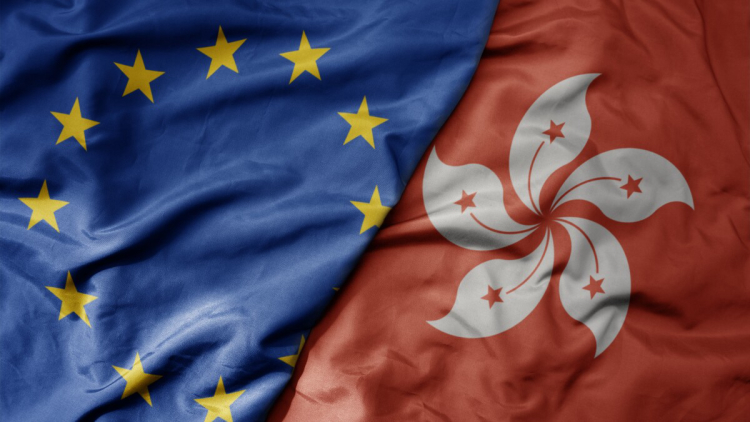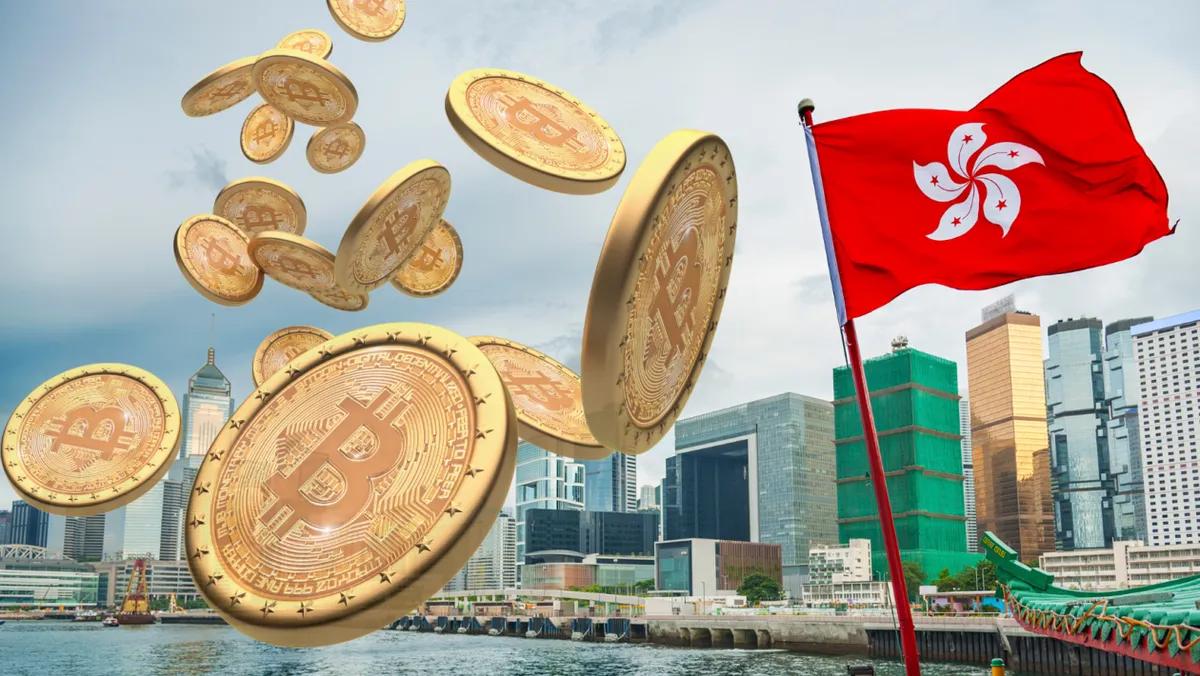New Regulatory Changes in Hong Kong: Expanding Access to Crypto Exchanges Makes the Region a Magnet for Global Investors
Hong Kong is taking a significant step in strengthening its position as a global crypto hub by announcing new regulatory changes that allow licensed crypto exchanges to connect to global liquidity pools. These initiatives, presented during Fintech Week 2025, aim to integrate the local market with international ones, making it more attractive to investors and accelerating innovations in digital assets.
Expanding Access to Crypto Exchanges and Offerings
The Hong Kong Securities and Futures Commission (SFC) has announced that licensed crypto platforms can now share global order books with overseas exchanges, ending the era of isolated trading. This means local brokers will gain access to global markets, allowing investors to trade with greater liquidity volume and lower spreads. In addition, the proposals include reducing compliance burdens for digital asset companies and easing restrictions on trading platforms, which will facilitate the launch of new products such as crypto ETFs or DeFi instruments.
These changes are part of Hong Kong's broader strategy to become a "crypto-ready" location, where regulations balance investor protection and growth stimulation. According to reports, Hong Kong is already leading in 2025 in terms of crypto readiness, with competitive tax regimes and a fast licensing process that attracts both retail and institutional players.
Why This Makes Hong Kong More Attractive to Investors
Integration with global markets will allow investors to get better prices and faster transactions, reducing risks associated with local isolation. Experts predict that this will attract more capital from institutions such as hedge funds and banks seeking stable regulatory environments. Additionally, access to global liquidity could stimulate innovations, making Hong Kong a competitor to Singapore or Dubai in the Asian region. Analysts note that such steps could increase trading volume on local exchanges by 20-30% in the coming months, attracting global players and strengthening Hong Kong's position as a bridge between Asia and the West.
Comparison with US and EU Policies
Unlike Hong Kong, where the focus is on rapid integration and easing, US policy remains fragmented. The Securities and Exchange Commission (SEC) and the Commodity Futures Trading Commission (CFTC) continue to debate the classification of crypto-assets, slowing the implementation of clear rules. American exchanges like Coinbase face strict registration and compliance requirements, without direct access to global pools without additional licenses. This makes the US less attractive for rapid innovations, although it provides strong investor protection.

In the EU, the situation is different: The Markets in Crypto-Assets (MiCA) regulation, which came into effect in 2024, establishes comprehensive standards for issuing, trading, and storing crypto. While this creates a single market for 27 countries, the rules are stricter, with mandatory KYC/AML requirements and restrictions on stablecoins. Hong Kong, on the other hand, offers a more flexible approach, focusing on global liquidity without excessive centralization, which could give it an advantage in competition with European platforms. Experts warn that the EU may face capital outflows to Asian hubs if it does not adapt.These changes in Hong Kong signal a new era in global crypto regulation, where Asia leads in balancing innovations and security. Investors and companies are watching the SFC's next steps, which could reshape the entire market.

3 free cases and a 5% bonus added to all cash deposits.
5 Free Cases, Daily FREE & Welcome Bonuses up to 35%

a free Gift Case


EGAMERSW - get 11% Deposit Bonus + Bonus Wheel free spin
EXTRA 10% DEPOSIT BONUS + free 2 spins
3 Free Cases + 100% up to 100 Coins on First Deposit


Comments